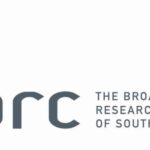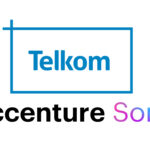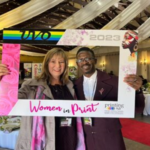
Traditionally more women than men were attracted to direct selling to supplement or earn an income, but more South African men are now exploring direct selling opportunities.
According to the Direct Selling Association of South Africa’s latest figures the number of active male sellers has increased by 51% in 2016.
The research shows that of South Africa’s nearly half a million active direct sellers 28% are now male, up from 21% two years ago.
Typically, men tend towards selling financial services and health and wellness products, although not exclusively. The advent of the metrosexual male has challenged the assumption that grooming and anti-ageing are entirely the preserve of women and as a result more men are now selling beauty and even cosmetic products.
While changing societal factors may be providing more opportunities for men in the direct selling, South Africa’s sluggish economy is almost certainly one reason causing men to look for new ways to earn or supplement their income, says Cornellé van Graan, chairperson of DSASA.
“More importantly though is the fact that Direct Selling is recognised as a valued channel to market products and services; a modern business model driven with purpose by communities and enabled by technology. Entrepreneurial flexibility and independence in the modern society also attracts more men to the direct selling industry. “
Van Graan says that we see more men entering the industry from the corporate world for the reasons mentioned above. They have a wealth of business acumen and the transition into the industry is effortless given the training programs offered by direct selling companies.
Another driving factor for the entry of men is often found in the success of their wives or partners in the direct selling industry. Men are seeing the opportunities and success first hand and are joining their partners in building sustainable, strong businesses.
The strength and growth of the direct selling industry as a preferred channel can clearly be seen in it statistics released over the last few months:
Global Statistics



Local Statistics



Industry Ethics and Social Responsibility
The industry is self-regulated by the Direct Selling Association of South Africa (DSASA) who in turn is a member of the World Federation of Direct Selling Associations (WFDSA). Companies applying to the DSASA are only accepted as members after being assessed for adherence to the DSASA’s Code of Ethics which emanates from the WFDSA and also includes legal requirements in South Africa. Adhering to the DSASA’s Code of Ethics is mandatory to continuing membership. The WFDSA pursues the highest level of ethical conduct in the global marketplace which is ensured in South Africa by the efforts and requirements of the DSASA.
Social responsibility is another key pillar of the direct selling industry in South Africa. DSA member companies are recognised for their involvement in Corporate Social Investment that has assisted in improving the quality of life for individuals, groups and communities. This includes areas such as health care, child welfare, community welfare, the care of our environment, education and skills development. In 2016 alone, just under R10 million rand was invested by member companies into social responsibility programmes.
For more information about becoming a direct seller or a full list of their member companies, go to the “Members” tab at www.dsasa.co.za.
- MRF Unveils Latest MAPS® Data - 20th February 2025
- The BRC announces changes to the board and updates for 2025 - 17th December 2024
- Top 50 DSTV TV programmes – October 2024 - 12th November 2024





